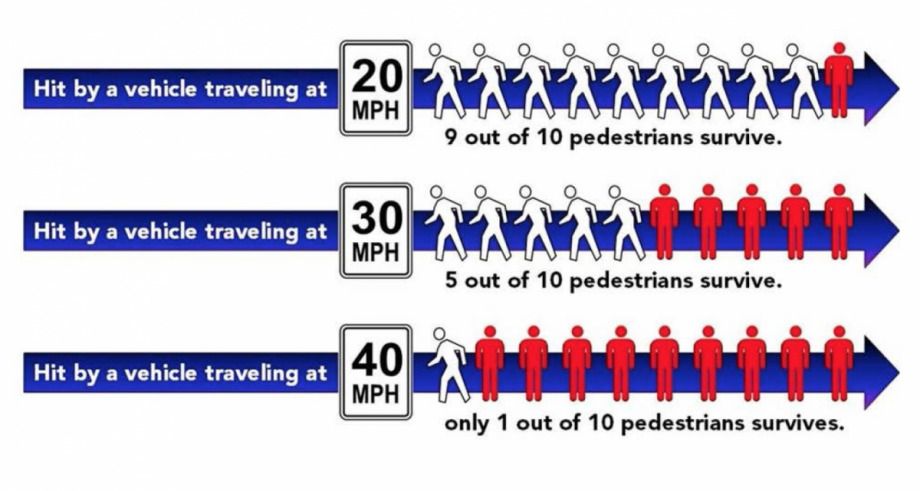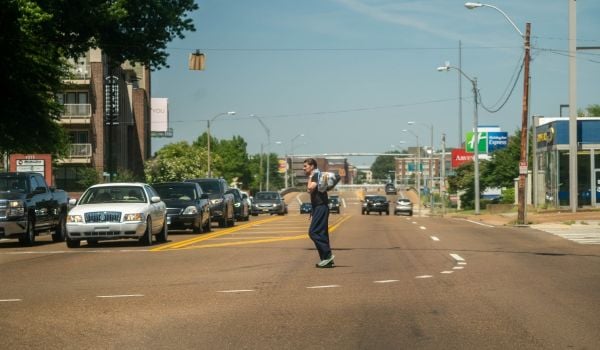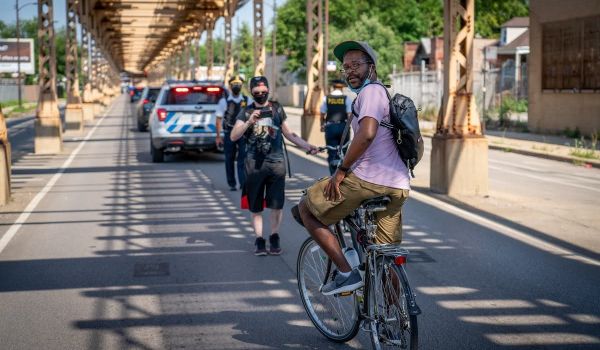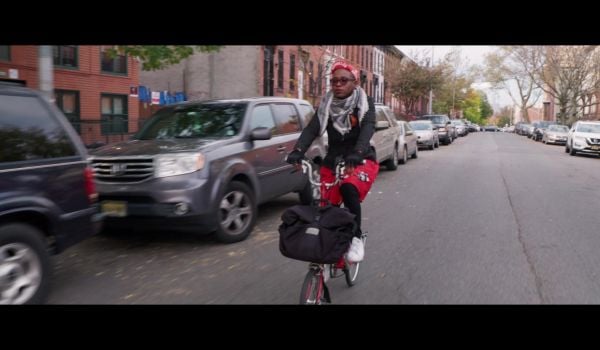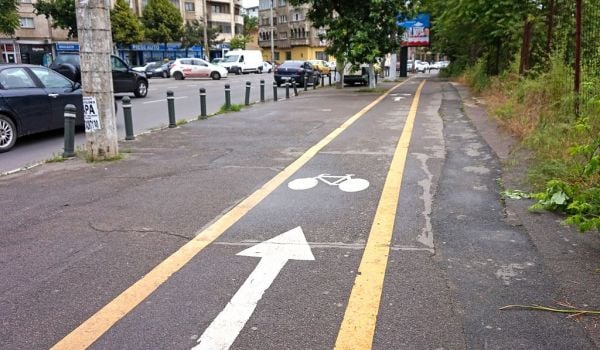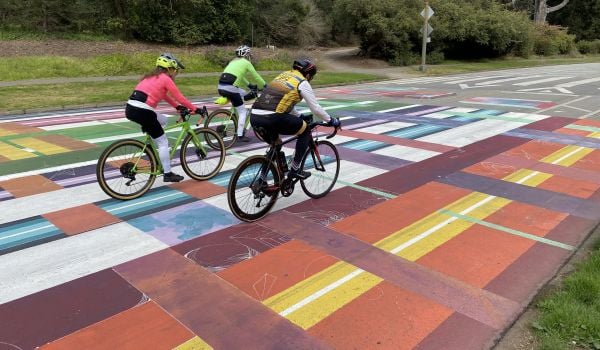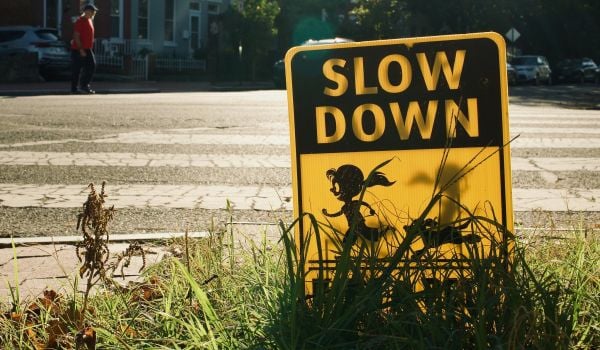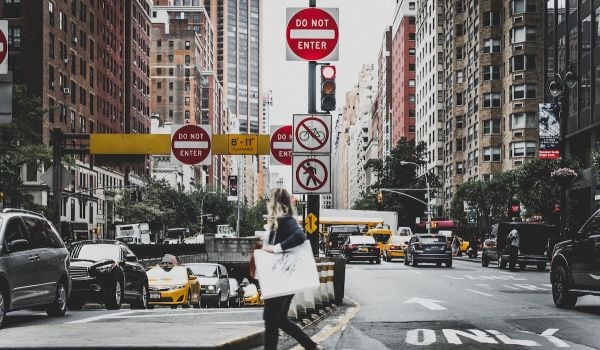Officials in Ann Arbor, Michigan, have approved plans to move forward with a detailed list of pedestrian safety measures, including establishing Vision Zero funding.
The speed-reduction subcommittee of the city’s Transportation Commission released a set of recommendations last week, MLive reports. The Commission unanimously voted to accept the recommendations, so they’ll be moving to City Council for consideration. Their report recommends:
- Establishing dedicated Vision Zero funding for safety improvements, including traffic calming measure, public outreach and traffic enforcement.
- Adopting city policies requiring a “safe system” approach to roadway design and speed limits. Under such an approach, speed limits would be set “according to the likely crash types, the resulting impact forces, and the human body’s ability to withstand those forces,” according to MLive. The approach would anticipate human error in drivers — and not just pedestrians.
- Increasing police traffic enforcement hours for speed limits and establishing a zero-tolerance policy on speeding.
- Expanding public outreach and education regarding existing safety policies, like the city’s crosswalk ordinance and five-foot rule for cars passing cyclists and pedestrians.
- Broadening the city’s current traffic-calming program, in which neighborhoods can request features like speed humps and raised crosswalks.
- Lobbying for speed changes on roads overseen by the Michigan Department of Transportation.
- Creating a new Vision Zero Task Force to with create a Vision Zero Action Plan for the city.
Ann Arbor announced that it would join Vision Zero — with a goal of zero traffic-related fatalities by 2025 — in 2015. But according to the report, that move lacked adequate financial backing.
“Currently, a significant barrier to safer streets in Ann Arbor is funding and resources,” it states. “Funding is needed to pay for: enhanced enforcement, capital improvements, programming, staffing and communications. Funding should be separate from and in addition to existing street reconstruction funds.”
The subcommittee had previously considered a citywide 25-mph speed limit, a key piece of other cities’ Vision Zero strategies. But the report does away with that recommendation, citing reasons including traffic volume and patterns, state and federal regulations, current street designs and surrounding land uses.

Rachel Dovey is an award-winning freelance writer and former USC Annenberg fellow living at the northern tip of California’s Bay Area. She writes about infrastructure, water and climate change and has been published by Bust, Wired, Paste, SF Weekly, the East Bay Express and the North Bay Bohemian
Follow Rachel .(JavaScript must be enabled to view this email address)

